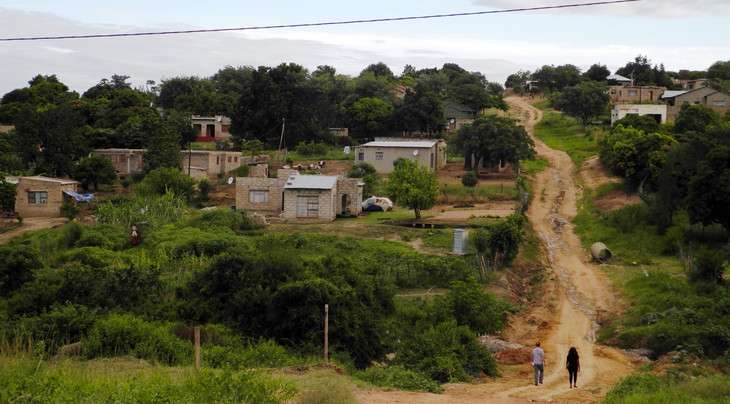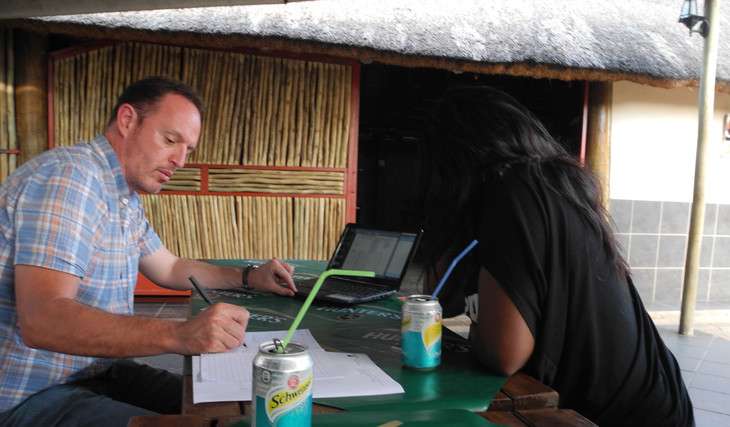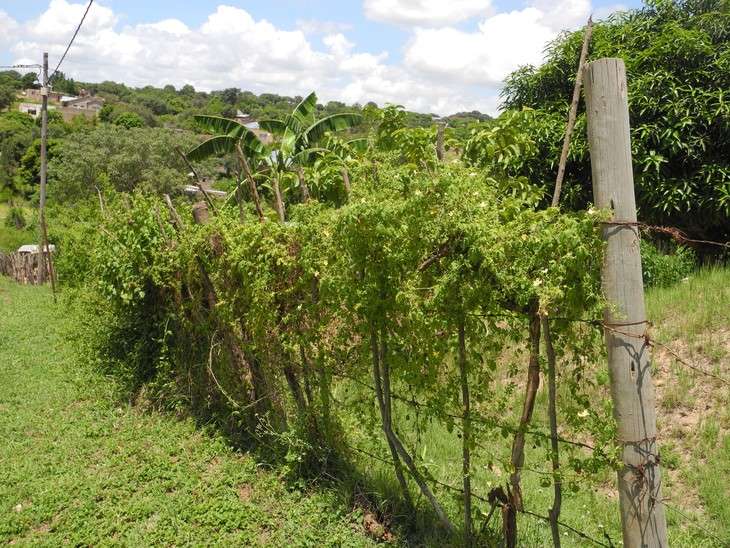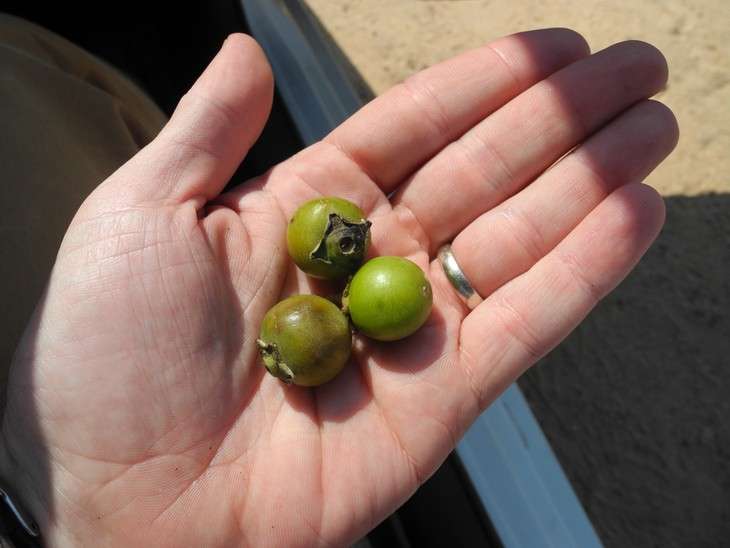Apartheid's lingering effects on HIV and AIDS

Though it was abolished more than two decades ago, Apartheid continues to affect communities in South Africa. In this political system, which lasted from 1948 to the 1994 democratic elections, people were racially classified and forced to live in segregated geographic areas. Within rural South Africa, these spatial containers were called "homelands," or Bantustans.
"If we were driving through South Africa today, we would easily identify the former Bantustan border because you can see fairly substantial income inequalities from one village to the next. The former KaNgwane Bantustan is a very high population-density area that is surrounded by privately owned farms producing sugar cane and other products for foreign markets," said Brian King, associate professor of geography. "My work has shown that South Africa's legacies of racial classification and spatial regulation have played a role in that, and how these spaces continue to shape health and livelihood possibilities in the contemporary era."
For nearly two decades, King has been traveling to South Africa to conduct research on the lingering effects of colonial and apartheid spatial systems. His research demonstrates the complex interplay between culture, health, history, climate and geography that creates numerous challenges for citizens of the country. His primary focus has been how this range of factors affects quality of life and incidence of HIV, which has a prominent footprint: An estimated 18 percent of adults in the country have the disease and, in 2009, roughly 400,000 South Africans died from the effects of AIDS.
But HIV/AIDS wasn't always King's research focus. As a doctoral student at the University of Colorado at Boulder, King was interested in understanding the country's policies related to community conservation, natural resource management and rural development. While living in South Africa for his doctoral work in 2002, he had a realization.
"The HIV/AIDS epidemic was affecting livelihood systems and so many aspects of the community that it became clear to me that I needed to make health central to any future research," he said.

Managing a disease with no cure
King and his team, which has included a postdoctoral scholar and graduate and undergraduate Penn State students, have been engaged in a long-term partnership with three villages in South Africa: Mzinti, Ntunda and Schoemansdal. During Apartheid, these villages were part of what was known as the KaNgwane Bantustan, where those of Swazi ancestry were segregated. Today, poverty and unemployment dominate the region. Low-income areas like this have a much higher rate of HIV incidence than other areas of South Africa, King says, which is yet another mark left by Apartheid.
One of King's main goals is to compare the difference in quality of life between people living in a house reporting a member with HIV with those who do not. Using surveys provided to the residents of these three villages, as well as qualitative, in-person interviews, King and his team are trying to better understand the challenges faced by low-income community members dealing with a disease with no cure.
"One theme coming out of both interviews and surveys are challenges to accessing food on daily basis, for those who are HIV positive as well as their family members," he said. "It's acute in this area because there's a high population density and people don't typically farm."
Instead, people rely on maintaining small gardens for their families or gathering reeds, insects, plants and other resources for consumption. Government grants for the elderly, disabled and parents are also a source of income keeping many households out of extreme poverty.
Access to food is especially important considering that HIV is chronically managed through the use of daily antiretroviral therapy (ART) drugs that boost the immune system and counteract HIV's effects. If taken on an empty stomach, ART drugs can cause extreme nausea, and some residents might elect to forgo treatment. That makes living with HIV more difficult, says King, who notes that some people reported difficulty being able to work if taking ART drugs without food.

Because the disease is managed through medicine, it's not the focal point of daily life for many HIV-positive people—instead, they reported concerns with employment, providing for their families and other diseases like tuberculosis, which affects roughly 1 percent of the population.
A long-term look at quality of life
The team's longitudinal research design allowed them not only to see snapshots of life but also to evaluate how those patterns change over time. That has shed light on how factors that take place over a span of years – for example, El Niño – affect the community.
"The drought caused by El Niño has been very bad this year in southern Africa," said King. "Many people, if they have small gardens, can't plant or grow anything because the crops are primarily rainfed. Many people talked about how difficult it was to grow small-scale crops for family consumption."
As a result, King found that people are turning to gathering indigenous, drought-tolerant plants that flourish under a range of conditions. A plant called Inkaka, specifically, can be grown on fences, and King noticed an increase in the usage of his plant during times of drought.
King plans to continue his long-term investigation of the various factors impacting HIV-positive households. He's interested in studying how climate change, and specifically drought, continues to present challenges, while also raising new ones in the future.

King is also sharing his findings with community leaders and governmental organizations. Each village has a home-based care organization that visits people door-to-door for a variety of medical purposes, and King's team has been building connections with them.
"We have been sharing our findings with municipal governments and national agencies as well because, from the beginning, this project was designed to have an active engagement with policy," he says.
In addition, King has compiled many of the findings into an upcoming book, "States of Disease: Political Environments and Human Health," which will be released in January 2017 by the University of California Press. The book demonstrates how spatial processes result in dynamic and inequitable health outcomes for individuals, communities and regions. Drawing from his long-term research in southern Africa, King engages with cases of infectious and non-infectious disease to show how space shapes the ways that health is embodied, experienced and managed.
King says that, since South Africa took a more aggressive approach to treating HIV and AIDS, the number of new cases in the country appears to have plateaued—but there is still much work to be done to better understand the nuanced impacts of spatial processes for health and livelihoods.
"I believe that we have found tangible takeaways for how we understand health and environment interactions and how to improve the management of HIV in the Global South," he said.


















